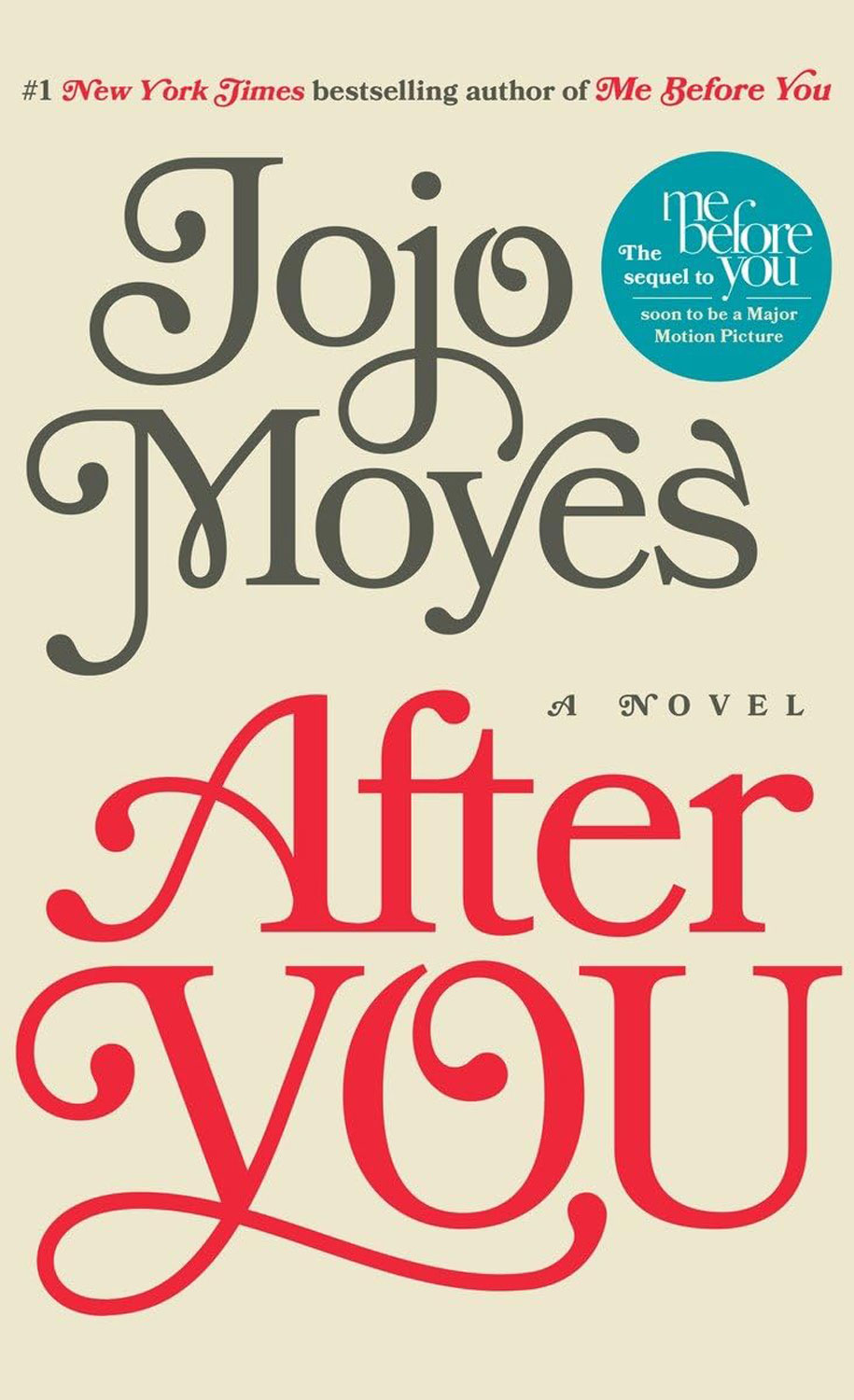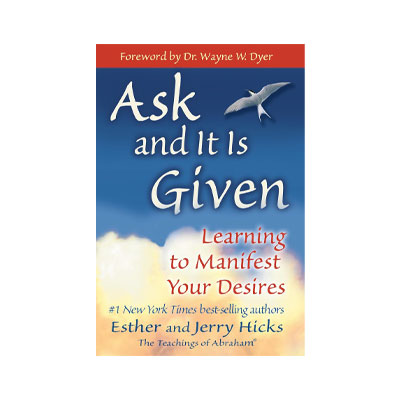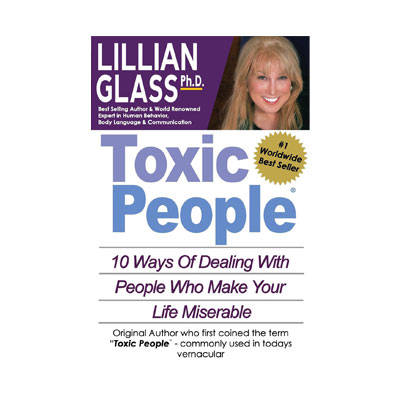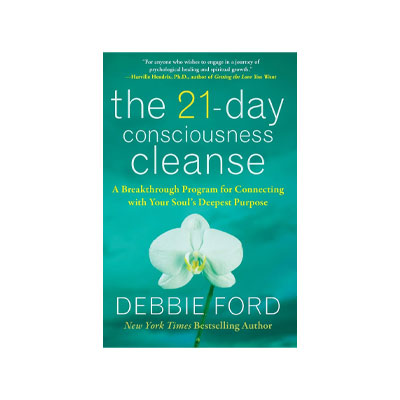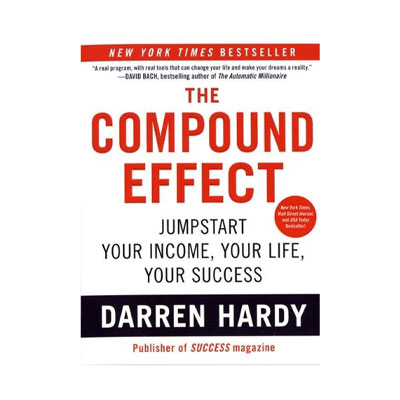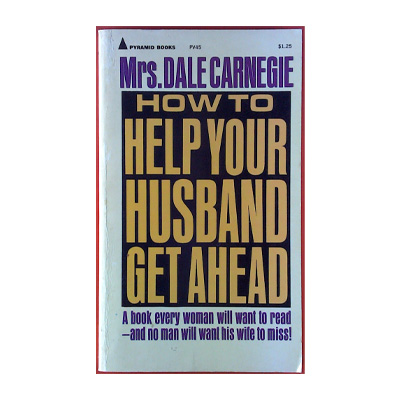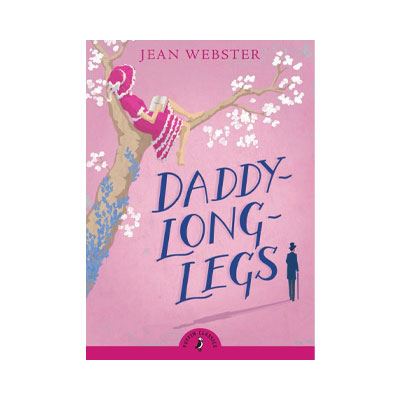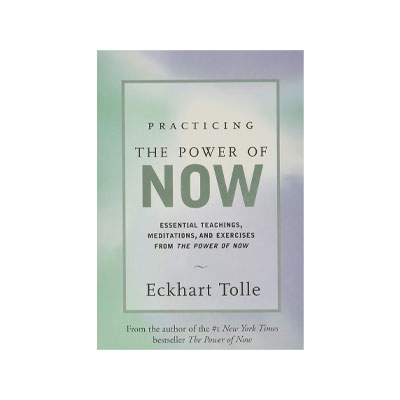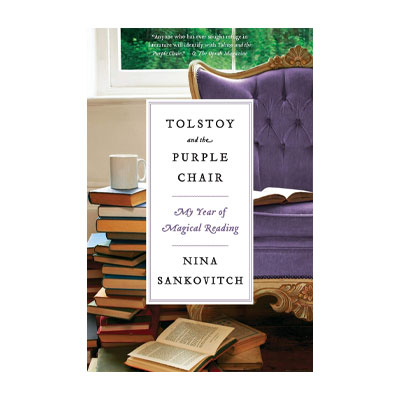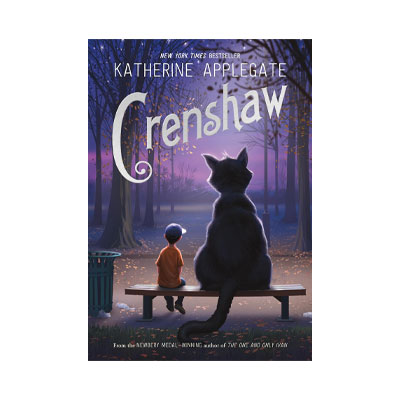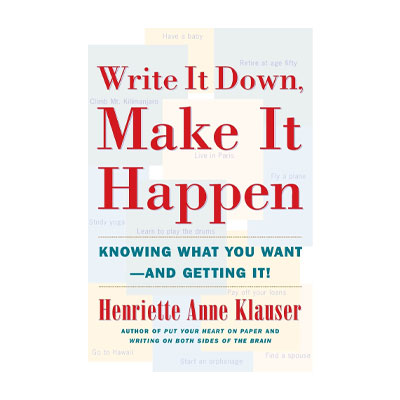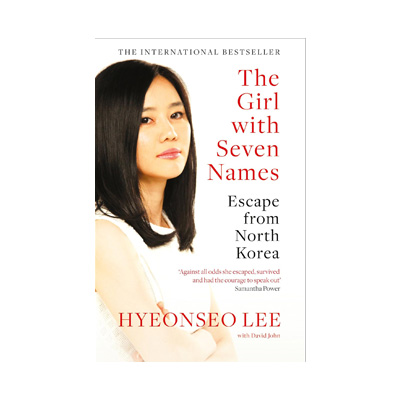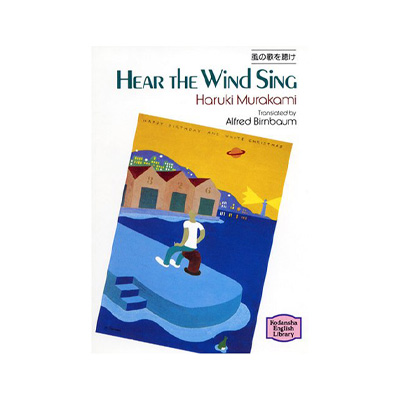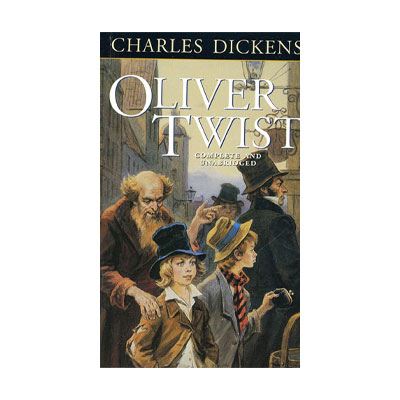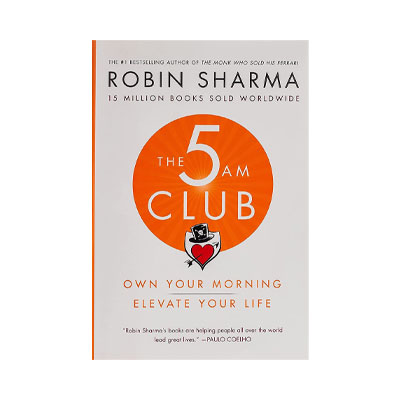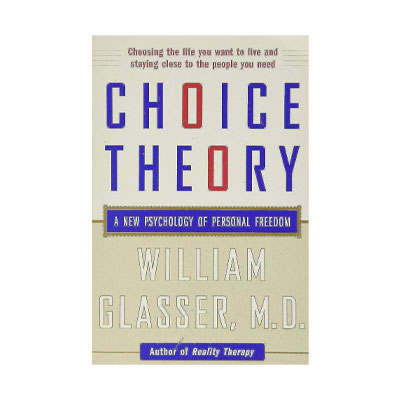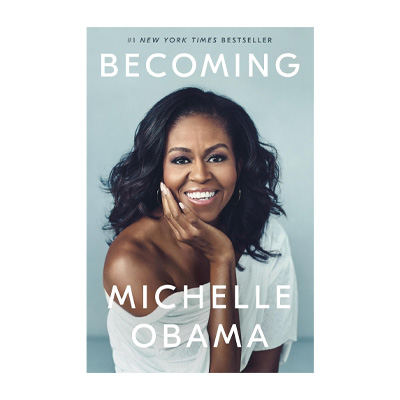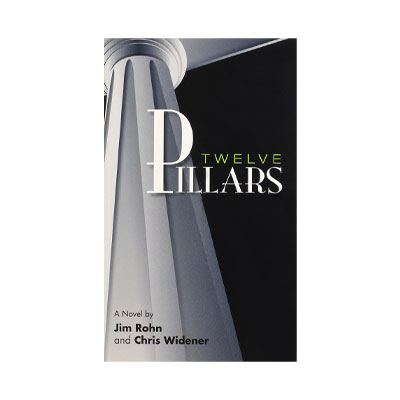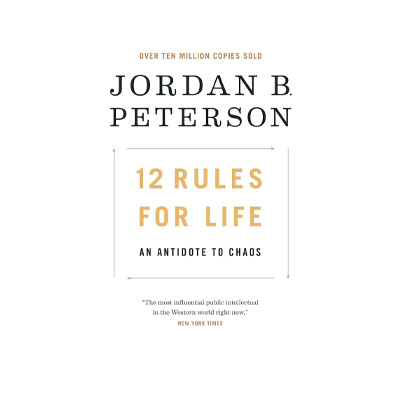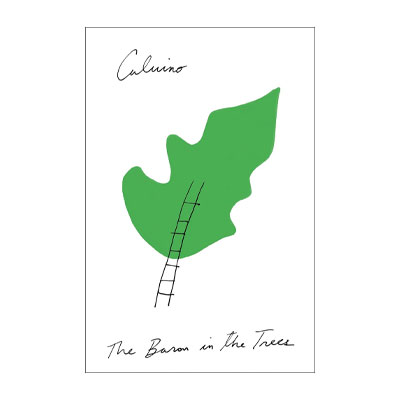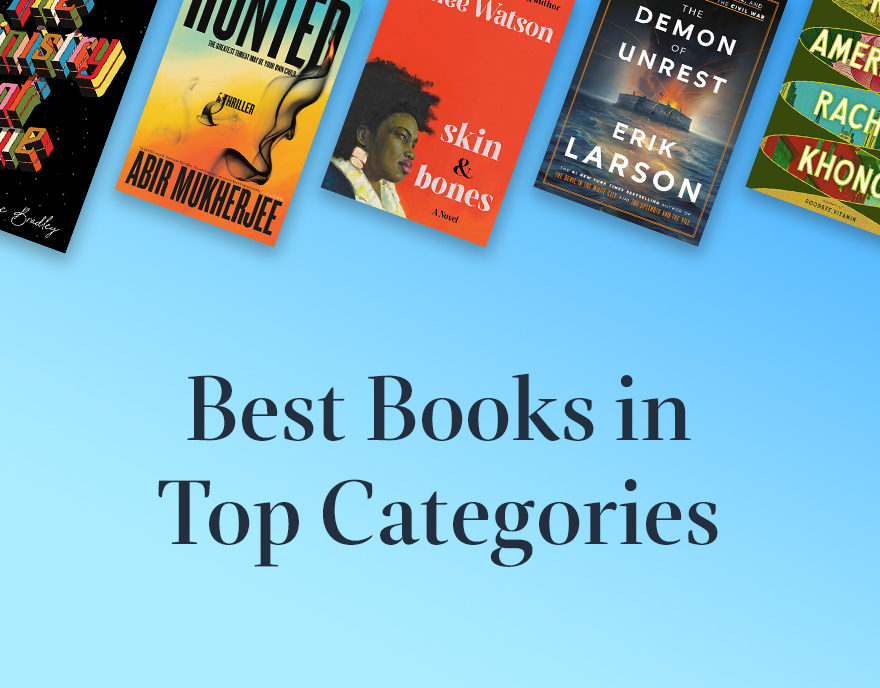Book Summary
"After You" is a bestselling novel by Jojo Moyes, which follows her previous book, "Me Before You" and has been equally well-received by audiences. An interesting aspect of the writing of this work is that the author did not initially intend to continue her previous bestseller. However, after receiving numerous emails from readers in various countries asking about the fates of the characters after the events that occurred, she decided to address these uncertainties in another story. The timeline of "After You" takes place a year and a half after the death of Will Trainer.
In this context, Louisa still struggles with the grief of losing Will and is simultaneously overwhelmed by guilt stemming from helping him end his life. Louisa, who had made a firm promise to Will to live her life with indescribable excitement, now finds herself engulfed in a mental crisis resulting in depression and giving up activities that could lift her spirits. Her move to London and the purchase of a house with money she received from Will has brought a fresh perspective to her life, and she is currently working in a café while her mind remains preoccupied with memories of Will, engaging in conversations with herself and him at various times throughout the day.
However, this situation does not last long, as a strange event leads Louisa's life in a different direction. Fans of novels in this genre will realize as they read the subsequent lines of this upcoming novel that the main goal of the author is to remind readers of humanity's ability to rebuild situations in their lives, even after experiencing the worst events. The book will illustrate how Louisa overcomes all the sorrow and grief that surrounds her and, despite being surrounded by the same old characters but in new environments and astonishing circumstances, she discovers once again that everything she achieves depends on her perspective regarding her abilities and well-being, rather than solely on what relates to her painful past. Louisa, Will, and other characters in the book are all symbols that should be considered for a better understanding of the author's message.
About the Author
Pauline Sara Jo Moyes, known as Jojo Moyes, is an English author and journalist born on August 4, 1969. She began writing romantic novels and screenplays in 2002 and has gained significant fame in these areas. She has won the Romantic Novel of the Year award twice and possesses extraordinary talent and creativity in expressing romantic concepts as well as the conflict between reason and emotion in her works.
Who Should Read the Book?
Firstly, reading this book is recommended for fans of Jojo Moyes's works, especially for those who enjoyed "Me Before You," so they can not only follow up on the previous story but also become more familiar with their beloved author's style. Secondly, those who consistently seek companionship with romantic novels can benefit from reading such an endearing work.
Book Quotes
I can say that I was almost satisfied with my life. I had been in enough gatherings to understand that I should also find joy in the small pleasures of life. I was healthy, I had my family back, and I was working. Even though I hadn't fully come to terms with Will's death, at least I felt like I was gradually stepping out from under his shadow.
Why should you let one mistake change your entire life?
No one can grow in the shadow of an idol.
Tax-free shops are closing, the roller doors are pulled down over handbags and chocolates that travelers buy at the last minute as gifts. The lights at gates three, five, and eleven go out, and the last passengers take to the night sky. Violet, the cleaner from the Congo, pushes her cart towards me; her walk is loose, and her rubber-soled shoes squeak on the polished floor.
I am tempted to say that it isn’t a fireball in the sky that kills you, but something that acts faster, yet I think to myself it’s pointless. She splashes water on her face again, and I hand her another paper towel; she takes a shaky breath and stands up straight.
When someone gets caught up in a disastrous situation that changes their life, a point comes up. In such cases, one might think they must confront the catastrophic event that altered their life. The reminders of sleepless nights spiral through your mind, and you ask yourself: Did I do the right thing? You say what you need to tell yourself. If you had acted differently, could you have made even a slight change in the situation?
When we lose a loved one, someone we cherish, it seems we can no longer plan for the future; sometimes people feel they have no trust left in what lies ahead, and at times they become superstitious. Although I wasn’t a mother myself, I had learned some things about motherhood. Whatever you do is probably wrong. If you are heartless, you inflict wounds on the spirit and psyche of the child under your care that will never heal; but if you are compassionate and empathetic and encourage them for even the smallest achievements they make, you lead them to ruin in a different way.
The serious young man with his laptop and the sweaty man who had drunk Scotch whisky are gone. I finish stacking the glasses and cups, count the cash register twice to make sure it’s correct. I jot down the total sales in the ledger, then notice the sturdy man's coat hanging on a stool; I move forward and glance at the flight display. Passengers for the Munich flight will soon board; if I hurry, there’s still time to quickly return the coat to the man.
As you head to board the plane, you see the flight crew returning home; everyone looks happy and cheerful. For them, boarding a plane is like getting on a bus; some of them fly two or three times, sometimes four times a day. They’re not foolish; if they weren’t sure it was safe, they wouldn’t fly, would they?
Apparently, I’m not someone who enjoys plants and flowers; I stand on the rooftop and look down at London’s twinkling darkness beneath me. So many people live around me; they breathe, eat, talk. Millions whose lives are completely separate from mine—what a strange sense of peace and public order. The lights of old lamps shine; the noise around me echoes in the nighttime air, and the sounds of car engines and doors opening and closing can be heard. In the distance, a few kilometers south, an unpleasant thumping of a police helicopter is heard; its light illuminates a local park as it searches for criminals who have vanished into it.
We danced and danced as if we had nothing to do but dance. Oh my God, it was amazing. I had long forgotten the joy of living, the pleasure of getting lost in music, amidst a crowd, the thrill of becoming a living being with a beating heart. For a few hours, I freed myself from everything in those intense and mysterious moments. My problems floated away like helium balloons—my terrible boss, the nagging, the stagnation. I was something else now: alive, vibrant, and happy.
Sometimes I look at the lives of people around me and wonder if our fate as humans is destined to suffer and be hurt.
On the mantelpiece, there are two cards: one from my parents congratulating me on my birthday, the phrase "With best wishes" from Mom feels like a stinging knife wound. The second card is from my sister, suggesting that she and Thomas come visit me this weekend; it’s been six months since I last saw them. I also have two voice messages on my phone. One is from my dentist, but the second: "Hi Louisa, it’s Jared. We met at Dirty Dock, well, I mean we became friends. Maybe we can see each other again; you have my number."
I lift my head, feeling the night breeze on my face. From below, I hear laughter, the muffled sound of a bottle breaking, the traffic of cars along the city, crawling like snakes on the ground. I see the endless red wave of brake lights, a source of blood from the cars. Only between 3 and 5 AM does a little peace settle in, when the drunks have collapsed in their beds, restaurant chefs have taken off their white coats, and cafés have closed their doors.
Now that we had lost our daily routine, I felt confused. It took weeks for my hands, which no longer touched his body, to stop feeling inadequate. The soft shirt I buttoned up, his warm and motionless hands resting gently as I sat down, his silky hair that I could still feel between my fingers. I missed his voice, his abrupt and dry touch, his laughter that was hard for him to muster, his waist that I would touch with my finger, the way his eyelids would droop when he got sleepy.
We danced and danced as if we had nothing to do but dance. Oh my God, it was amazing. I had long forgotten the joy of living, the pleasure of getting lost in music, amidst a crowd, the thrill of becoming a living being with a beating heart. For a few hours, I freed myself from everything in those intense and mysterious moments. My problems floated away like helium balloons—my terrible boss, the nagging, the stagnation. I was something else now: alive, vibrant, and happy.
Sometimes I look at the lives of people around me and wonder if our fate as humans is destined to suffer and be hurt.
On the mantelpiece, there are two cards: one from my parents congratulating me on my birthday, the phrase "With best wishes" from Mom feels like a stinging knife wound. The second card is from my sister, suggesting that she and Thomas come visit me this weekend; it’s been six months since I last saw them. I also have two voice messages on my phone. One is from my dentist, but the second: "Hi Louisa, it’s Jared. We met at Dirty Dock, well, I mean we became friends. Maybe we can see each other again; you have my number."
I lift my head, feeling the night breeze on my face. From below, I hear laughter, the muffled sound of a bottle breaking, the traffic of cars along the city, crawling like snakes on the ground. I see the endless red wave of brake lights, a source of blood from the cars. Only between 3 and 5 AM does a little peace settle in, when the drunks have collapsed in their beds, restaurant chefs have taken off their white coats, and cafés have closed their doors.
